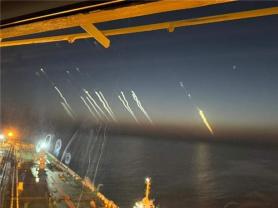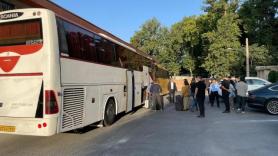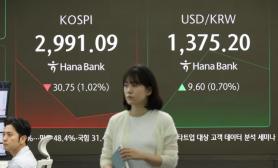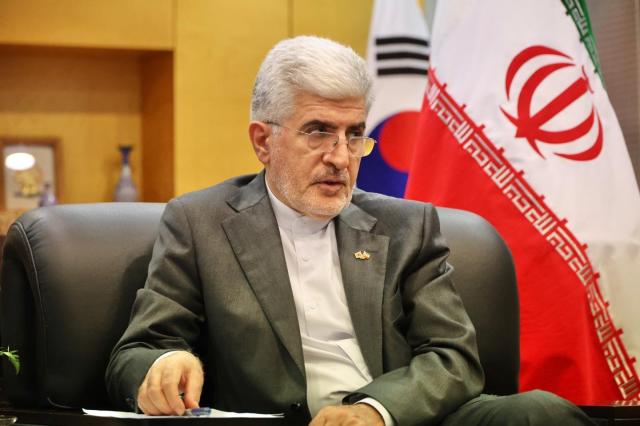
These developments could have "perilous" global repercussions with far-reaching consequences for further hostilities, potentially emboldening nuclear-armed countries including North Korea to reassess their military capabilities and defense strategies, Iran's top envoy in Seoul warned in an exclusive interview with AJP earlier this week.
"Those strikes could mislead North Korea into believing it must further bolster its military arsenals for nuclear deterrence, along with the notion that Washington is not a trustworthy partner for talks or negotiations," said Iranian Ambassador to Seoul Saeed Koozechi.
Koozechi's comments came just a few weeks after Israel launched a "preemptive" attack on Iran on June 13, which it claimed was intended to prevent Tehran from nearing completion of nuclear weapons.
Tensions in the already-volatile region escalated even further about a week later when Washington struck three Iranian nuclear sites including a secret underground uranium enrichment facility in a remote mountainous area using precision-guided, high-powered munitions known as "bunker-buster" bombs for the first time in an overnight operation dubbed "Midnight Hammer."
About 12 days of tit-for-tat aerial strikes including Iranian missile attacks on a U.S. base in Qatar ended early last week with a "fragile" ceasefire deal mediated by the U.S. between Israel and Iran.
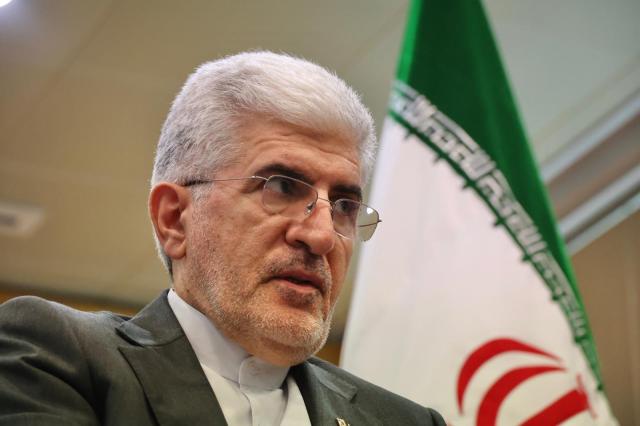
He speculated that North Korea, which may feel threatened, would seek to further bolster its military buildup. Indeed, North Korea quickly condemned the strikes by both Israel and the U.S., with state media providing unusually detailed coverage instead of its typically terse commentary or silence on the outside world.
Koozechi's comments draw attention to the multifaceted nature of Iran's diplomatic stance, as it maintains relations with the two Koreas and is one of only a handful of countries with an embassy in Pyongyang. Currently headed by chargé d'affaires ad interim Hossein Janzani, Tehran's mission in the isolated country resumed operations in recent years after North Korea gradually reopened its borders in 2022, following the coronavirus pandemic.
When asked whether Tehran had communicated with Pyongyang about the latest Middle Eastern conflict, Koozechi declined to elaborate. Instead, he said vaguely that Iran has been "keenly monitoring the situation and assessing how it might affect peace and security on the Korean Peninsula, while coordinating with all Iranian missions overseas."
But he assessed that the alleged U.S. "green light" for Israeli strikes, followed by its own airstrikes, blew any chance for future talks between Pyongyang and Washington, making U.S. President Donald Trump's overtures to reengage with North Korean leader Kim Jong-un seem unlikely anytime soon.
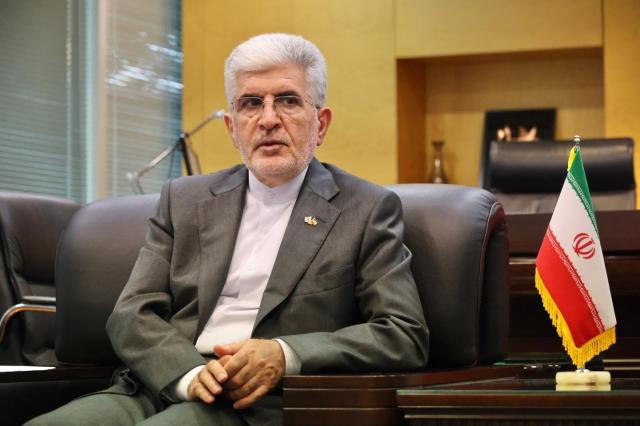
He then cautioned that Seoul should brace itself and prepare for any fallout, which may "pose challenges to its security and complicate inter-Korean relations.
In particular, pointing to Seoul's "ironclad" alliance with Washington, he asked, "If the U.S. truly considers South Korea a close ally, shouldn't it refrain from such futile strikes on Iran that could put its ally's security at risk?"
Meanwhile, Koozechi insisted that Iran's nuclear program remains strictly for peaceful purposes such as energy generation and medical applications for the diagnosis and treatment of diseases. He also denied his country's involvement with North Korea in developing missiles and other weapons of mass destruction, as well as any transfer of related technologies, dismissing such allegations as "false and ungrounded."
Wrapping up the interview, he vowed that his country would "take whatever steps are necessary to defend its sovereignty and people, should it come under attack again."
Copyright ⓒ Aju Press All rights reserved.


